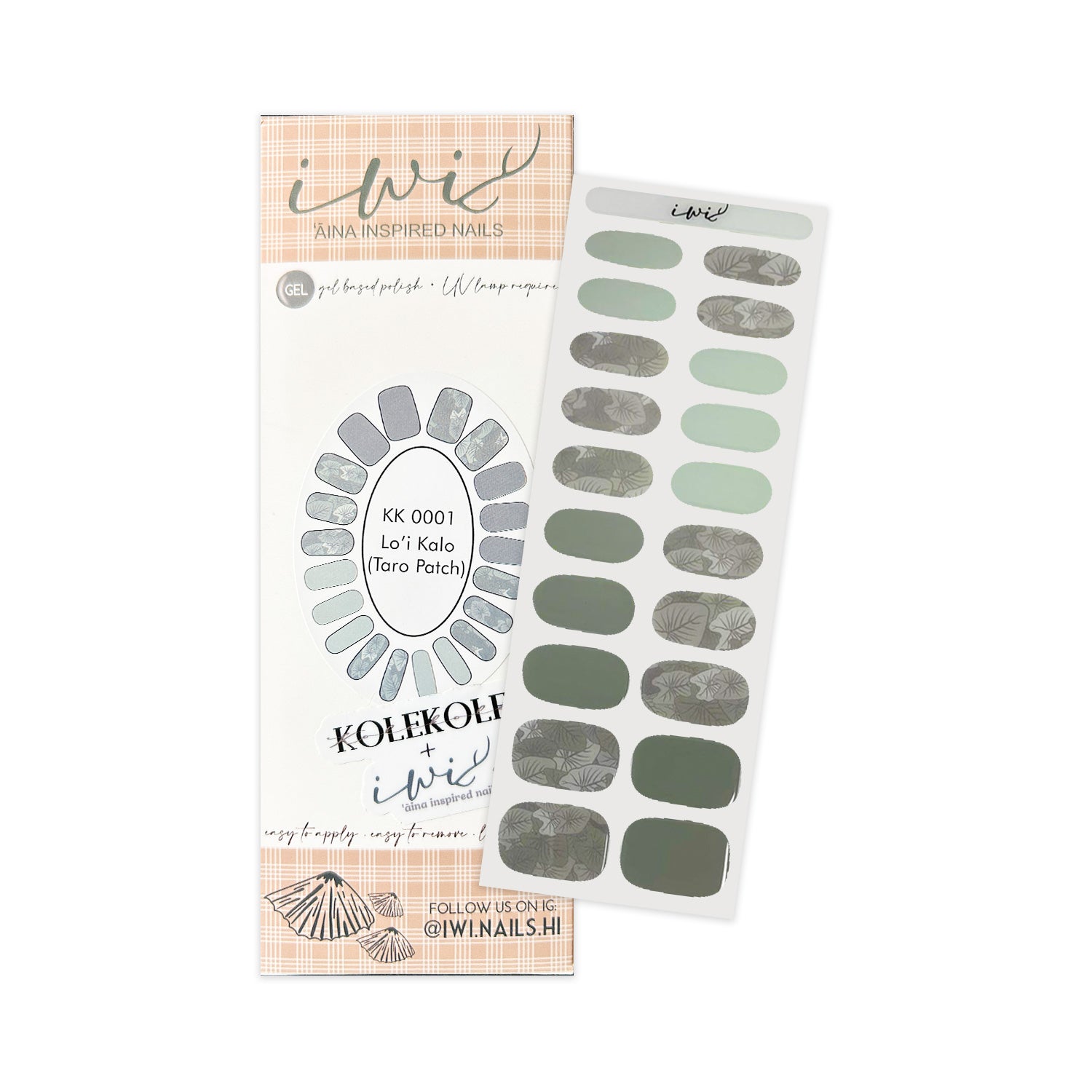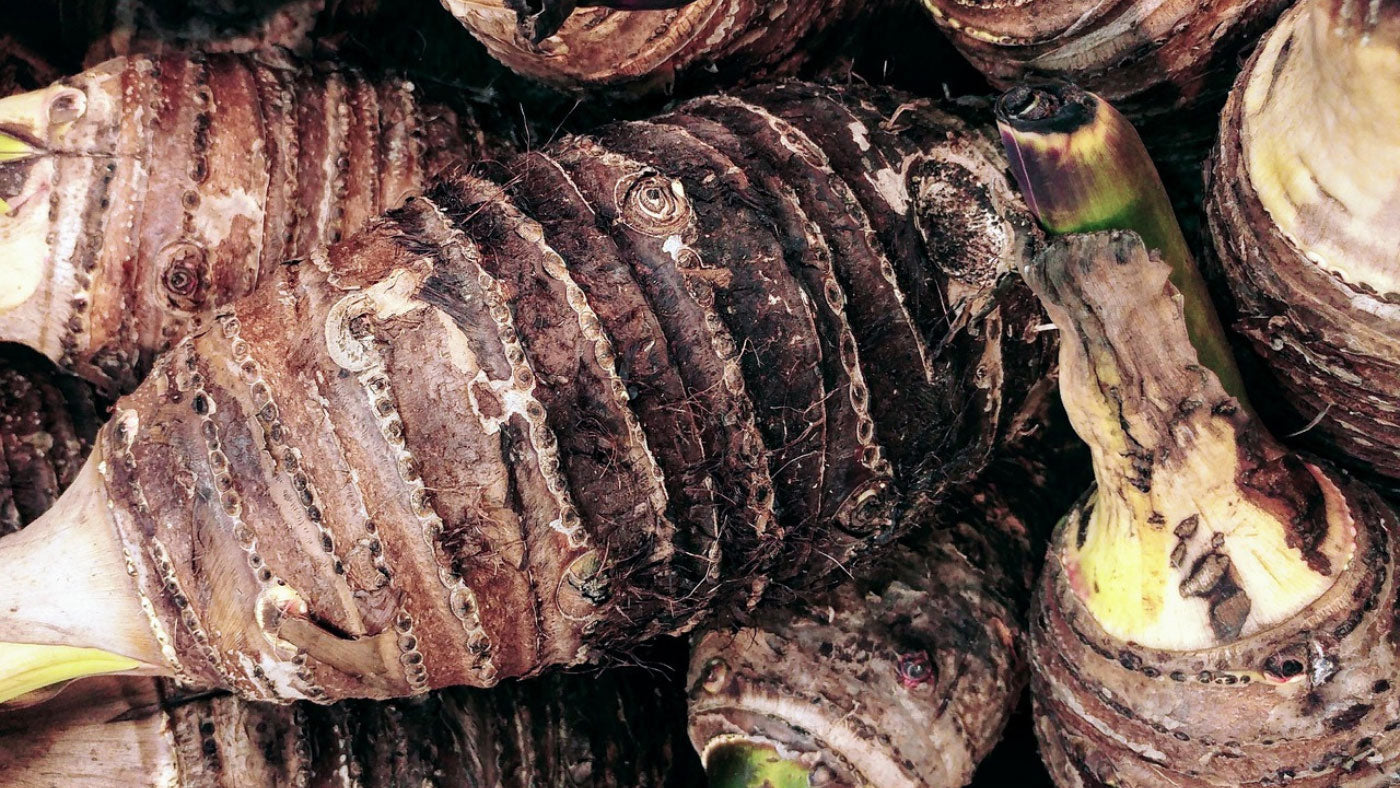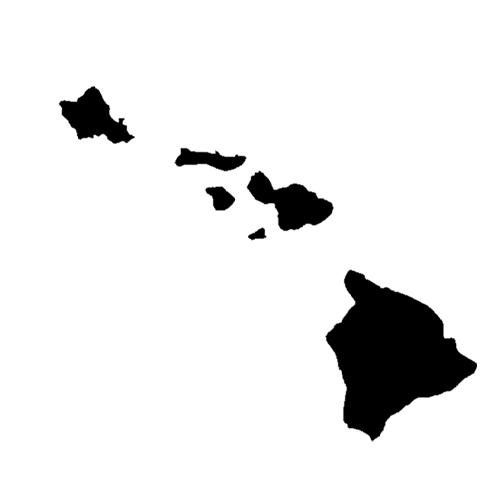TD;LR: Working in a loʻi kalo, or wetland taro field, offers a unique opportunity to learn about traditional Hawaiian agriculture and irrigation, fostering a deep connection to the land (‘āina).
Kalo (taro) is revered in Hawaiian culture as an elder sibling to humanity, with its cultivation requiring skilled, labor-intensive methods. This practice is rich in history and mythology, including opposition to GMO taro, which led to the 2009 Taro Security Bill safeguarding traditional varieties. Despite initial reservations about getting dirty, the experience is highly rewarding and insightful. For those interested in supporting kalo without farming, exploring kalo-themed products is an option.
If you ever get the privilege of working in a loʻi kalo, I highly recommend you take it. It teaches you traditional Hawaiian agriculture and irrigation, connects you to the ‘āina, and shows you that a little dirt isn’t so bad.

History of Nā Loʻi Kalo
In Hawaiian mythology, kalo (taro) is seen as the elder sibling of mankind. It nourishes us, and in return, we respect and care for the kalo. A loʻi, or wetland, is where kalo is grown and harvested. These fields are built by mahiʻai, farmers, who were admired for their skills in kalo farming. The cultivation of kalo is done entirely by hand, making the work hard but incredibly rewarding.
One moʻolelo tells how kalo grew from the first-born of Wākea (sky father) and Papa (earth mother). This baby was stillborn, and from its buried body grew a kalo plant.
In the mid-2000s, the government proposed mass-producing kalo using GMOs, which many Hawaiians and taro farmers strongly opposed. Fortunately, in April 2009, the state Senate passed the "Taro Security Bill," restricting the use of GMOs in Hawaiian varieties of taro.

Working in a Loʻi
I have personal experience working in a loʻi, and despite not being fond of getting dirty, I had a fantastic time. It taught me a lot about Hawaiian irrigation and farming while also deepening my connection to the ‘āina.
If you’re someone who isn’t keen on dirt but still wants to show your love for kalo, visit our shop to explore the amazing kalo-themed products we offer!

Written by: Gracie Butler


